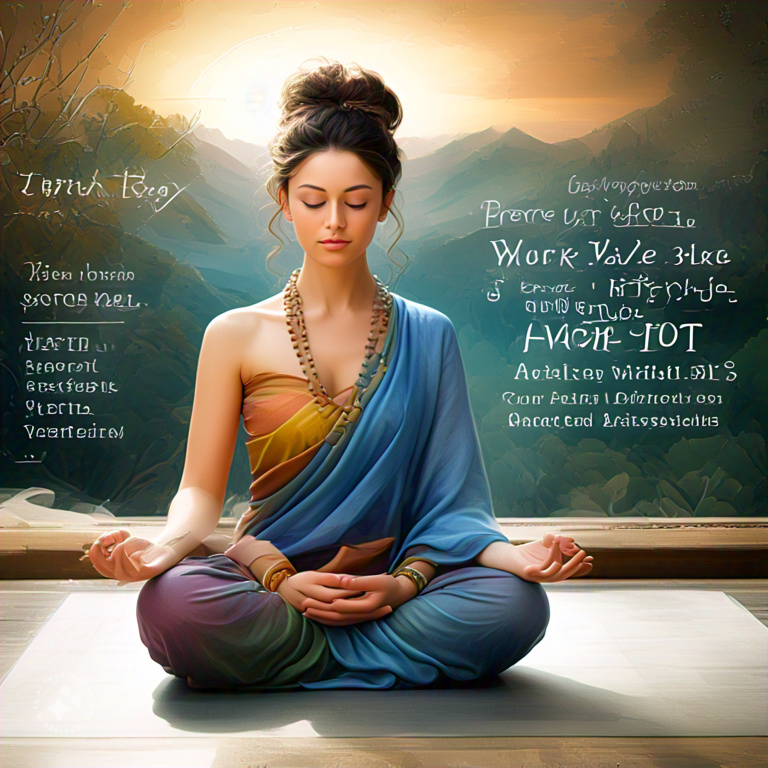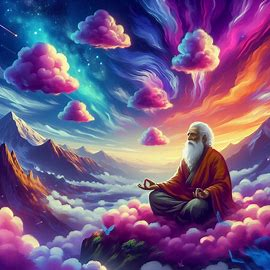Public Relations: A Strategic Tool for Success and Career
Opportunities
Public Relations (PR) is an essential management tool that, when used strategically, enables organizations to thrive in competitive environments. Unlike advertising, which primarily aims to boost sales of products or services, PR focuses on creating and maintaining an image of excellence, quality, reliability, and respectability. This distinction is crucial in understanding the broader impact PR can have on a company’s reputation, which in turn influences public perception, trust, and long-term success. While advertising is direct and sales-driven, PR is about building relationships with various stakeholders and fostering a positive image that endures beyond immediate transactions.
The conventional duties of a Public Relations Officer (PRO) have evolved over time. Traditionally, a PRO would be responsible for tasks such as preparing reports, press releases, company brochures, souvenirs, newsletters, video films, and internal journals. These tasks are aimed at both internal and external audiences, ensuring clear and consistent communication across all channels. In recent times, however, the scope of PR has expanded to include organizing conferences and arranging television interviews, among other public-facing activities. These additional responsibilities have heightened the visibility of PR professionals and made their role even more critical in shaping public discourse around an organization.
For those with the right skills and temperament, there are abundant opportunities in the field of public relations. Career paths as Press Officers, Information Officers, Publicity Officers, or Publication Officers are available in corporate houses, as well as in public sector organizations. In India, for instance, the Indian Information Service and the Public Relations Departments of State Governments provide numerous openings for PR professionals. These roles are essential for managing communications between the government and the public, ensuring transparency, and maintaining a favorable image. Private agencies that handle PR work for large organizations also offer lucrative opportunities for skilled professionals.
Interestingly, PR is a
field that offers great potential for women, as the profession demands a blend
of communication skills, empathy, and strategic thinking, qualities that are
often associated with women. Many women have excelled in the field of PR, contributing
significantly to the success of organizations across sectors. The profession
offers flexibility, the chance to work in various industries, and the
opportunity for creativity, making it an appealing choice for women looking for
dynamic career paths.
Training for a career in public relations is diverse and multidisciplinary. Many courses in PR combine elements of communication, journalism, and advertising, as these disciplines share overlapping skills and knowledge areas. PR professionals need to be adept in multiple forms of communication, from writing press releases to managing social media platforms. Therefore, courses in communication and journalism are particularly valuable for those aspiring to enter the PR profession. These programs provide a solid foundation in understanding media dynamics, audience engagement, and the intricacies of crafting messages that resonate with diverse stakeholders.
Moreover, the rise of
digital media has transformed PR into an even more dynamic field, where
professionals must continuously adapt to new technologies and platforms. In the
digital age, social media plays a crucial role in shaping public perception,
and PR professionals are often tasked with managing an organization’s online
presence. This requires a combination of traditional PR skills and digital
savviness, making ongoing education and training vital for success. As a
result, many PR courses now incorporate digital marketing and social media
management, reflecting the changing landscape of the profession.
In conclusion, public
relations is a versatile and evolving field that offers numerous career
opportunities for individuals with strong communication skills and strategic
thinking abilities. With its focus on image-building and relationship
management, PR is essential for any organization looking to maintain a positive
reputation and navigate the challenges of a competitive environment. For
aspiring professionals, proper training and education are key, and there are
ample opportunities for both men and women to thrive in this exciting and
rewarding field.
Universal Love: A
Journey of Connection According to the Upanishads and Bhagavad Gita"
The Upanishads and Bhagavad Gita speak of universal love, a concept that may seem unattainable at first glance. How can we love a child on the street as much as our own, or extend the same care we have for our parents and spouse to a stranger? If we define love solely as a feeling, then it is understandable why this may seem impossible. We naturally have different emotions toward different people based on our experiences and relationships. However, the idea of universal love is not about equal emotional attachment, but about understanding the deeper connection that links all beings.
At its core, love is
an expression of connection. We tend to love those in whose presence we feel
accepted, validated, and cared for. Conversely, when we lose connection with
others, we experience feelings of emptiness, loneliness, or even grief. In this
way, love can be seen as a reflection of our inner sense of belonging.
According to the teachings of the Gita and Upanishads, the reality of the
universe is that everything is interconnected. The world is a vast, intelligent
cosmic order, and this connection is the basis for universal love.
To understand this more clearly, consider that the iron in the hemoglobin of our blood came from the stars through cosmic events such as supernovas. The food we consume is produced by the plant kingdom, utilizing sunlight, water, and soil. The homes we live in, the cars we drive, and the infrastructure around us are all results of countless contributions from people we will never meet. This vast network of connections ties our existence to everything and everyone around us through what the scriptures call Ishvara, or the cosmic order. When we are mindful of this interconnectedness, different expressions of love naturally emerge in our lives.
Awareness of this
connection leads us to live with gratitude and humility. We begin to recognize
that our personal achievements are not solely our own, but are the result of
the contributions of many, including parents, teachers, friends, and even
strangers. This understanding makes us less conceited and more appreciative of
the collective efforts that support us. As we acknowledge the generosity of
creation, we become more inclined to open our hearts to others, fostering a
natural compassion and willingness to help.
Recognizing our place in this cosmic order also shapes how we treat others. We take care not to harm other beings—whether human, animal, or plant—through our thoughts, words, or actions. This makes us more accommodating and understanding, while also helping us protect ourselves from harm without harboring anger or resentment. For example, if we accidentally bite our tongue, we don’t develop hatred toward our teeth; instead, we take steps to avoid future harm while maintaining a balanced approach.
This recognition of
connection is what the Upanishads and Bhagavad Gita describe as universal love.
It is not an emotion that must be forced, but rather a natural outcome of
realizing our interconnectedness. Through compassion, care, gratitude, and a
commitment to not causing harm, we express this love in various forms. These
acts of love not only foster harmony in the world around us, but also increase
our own sense of joy, satisfaction, and inner peace.
On the other hand,
ignoring the reality of this connection can lead to negative emotions such as
hatred, loneliness, pride, and dissatisfaction. These feelings arise when we
isolate ourselves from the world and fail to see how deeply intertwined our
existence is with others.
In conclusion, the
Upanishads and Bhagavad Gita do not instruct us to love everyone in the same
way. Instead, they reveal the underlying reality of connection that exists
between all beings. By recognizing and embracing this truth, different
expressions of universal love naturally emerge, creating a more harmonious and
fulfilling life for both ourselves and the world around us.
IF HE EXIST
I drive joy there was a doctor in Benaras who
spent 7 minutes in the morning and evening for mediation on God. Knowing this,
his colleagues and friends laughed at him. One day they argued that he was
wasting 7 precious minutes on something, which he had been misled into
believing. The doctor replied, “Well, if God does not exist, I agree that I am
wasting 7 minutes a day. But, if He exists? I am afraid you are wasting your
entire lifetime. I prefer to waste 7 minutes rather than a lifetime. Why should
you grudge me the 7minutes joy that I derive 4m.-
ILLUSTRATED REVIEW :7th heaven moment of
the week in second test Bangladesh no 7 scored a century






































